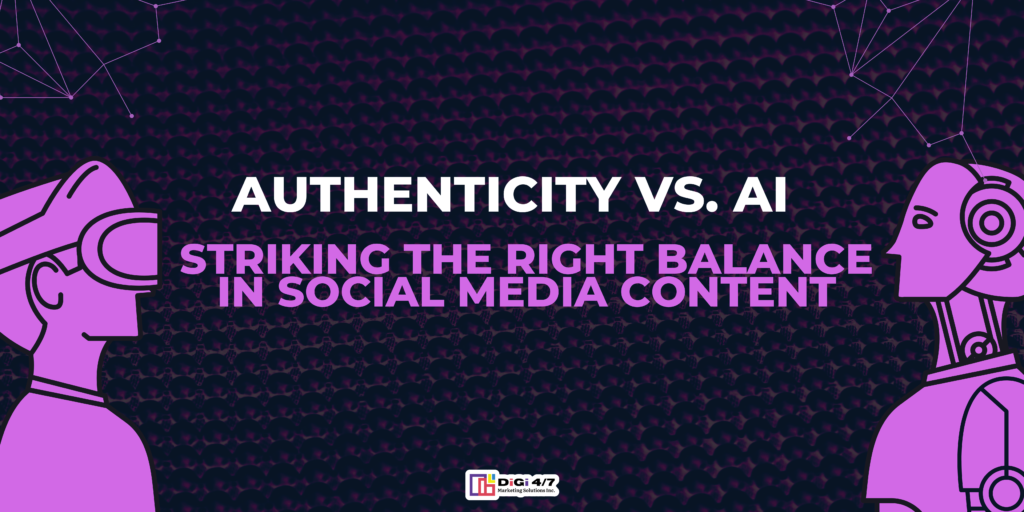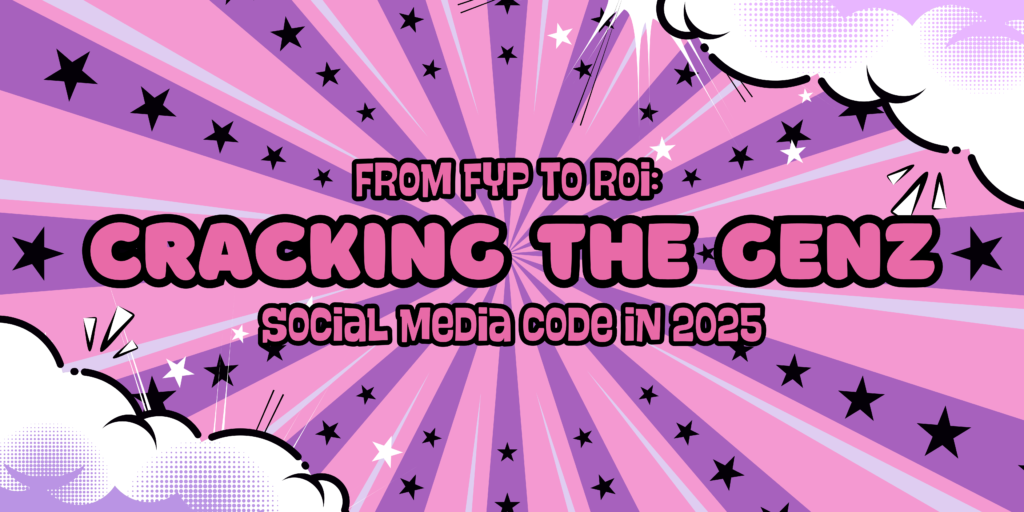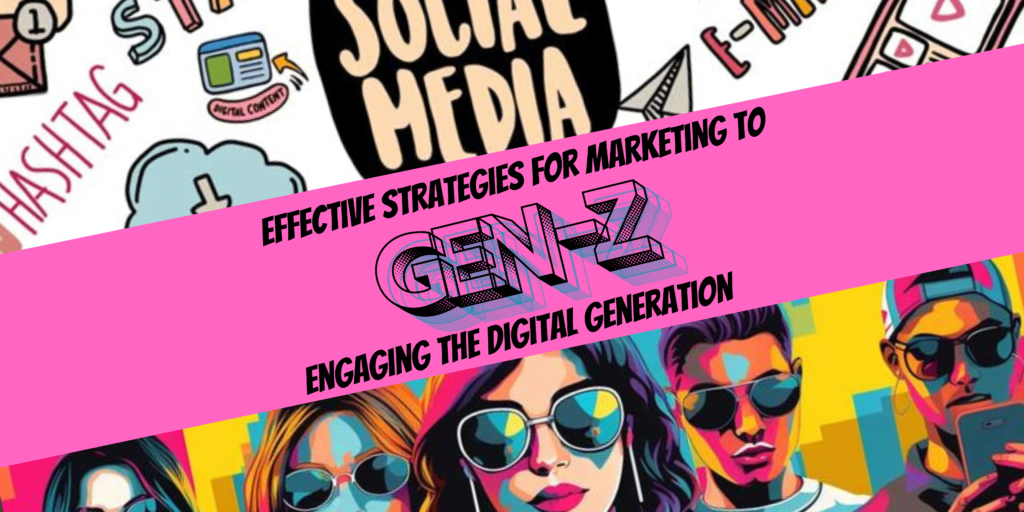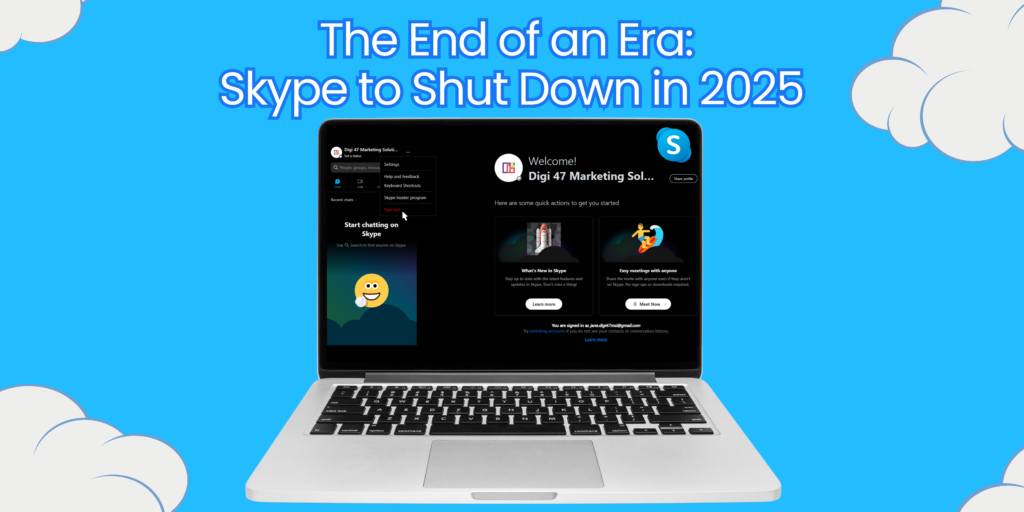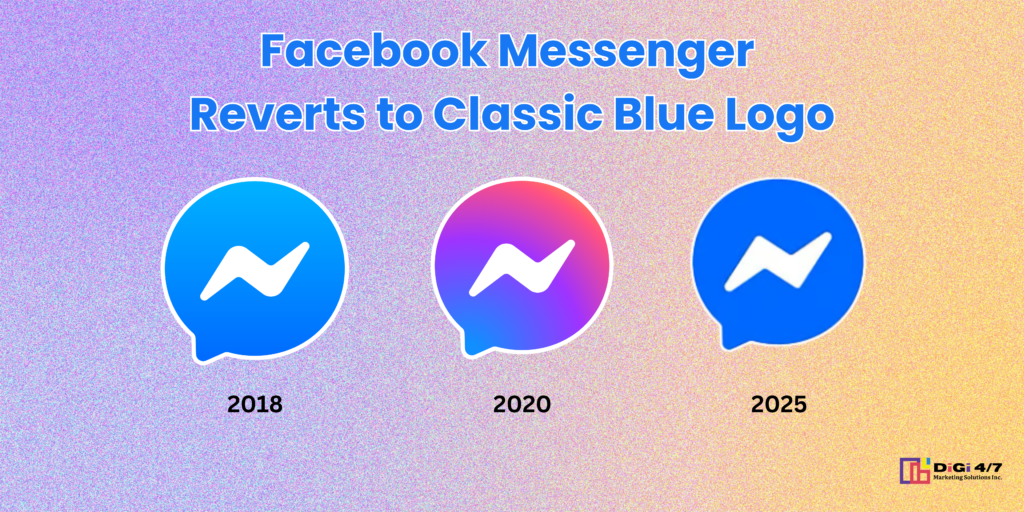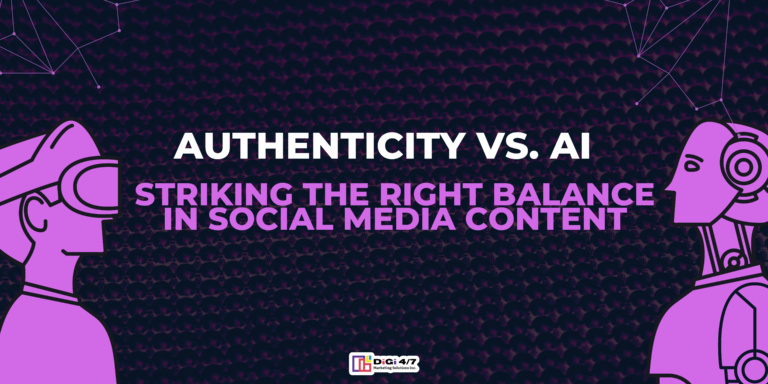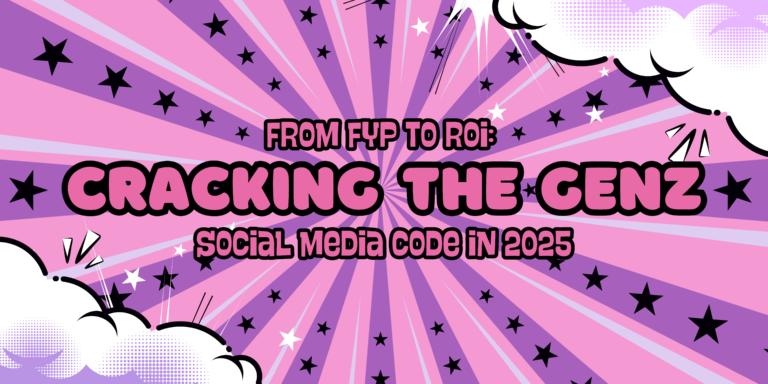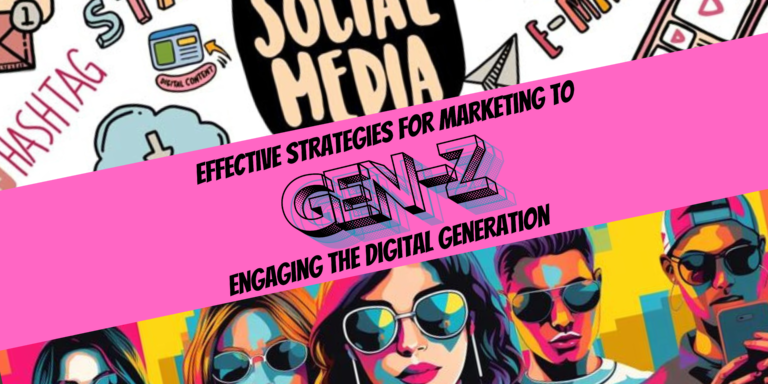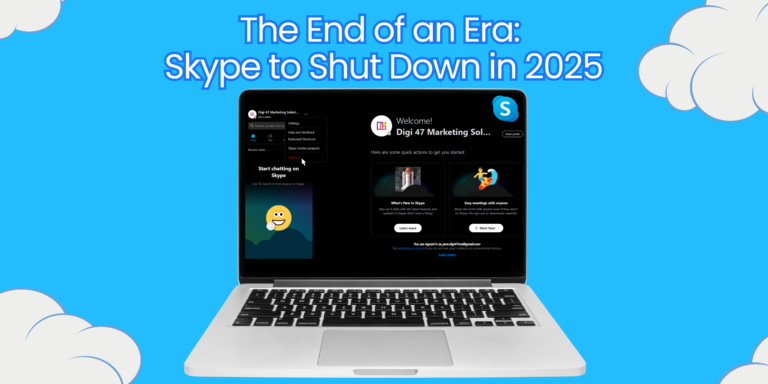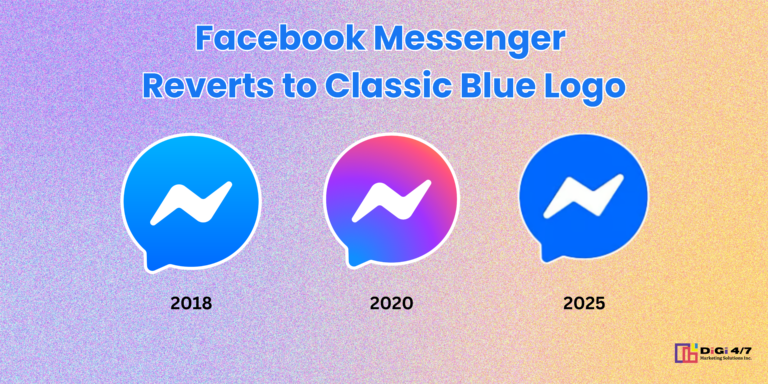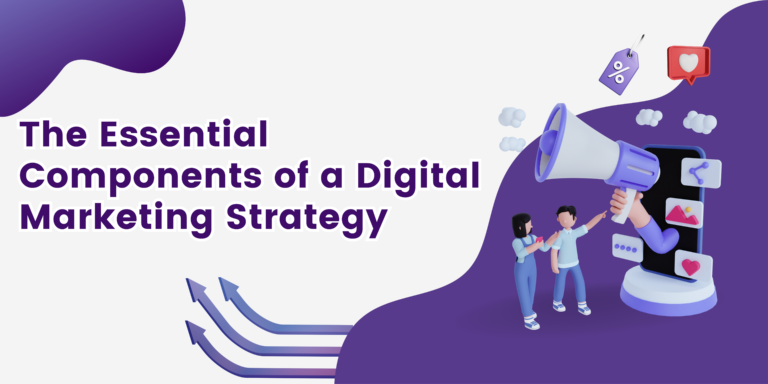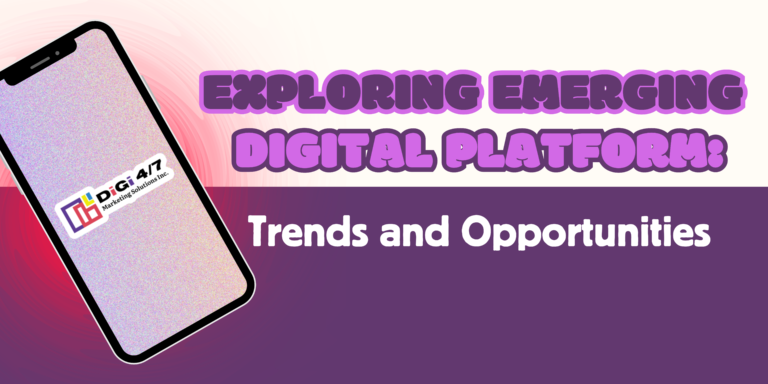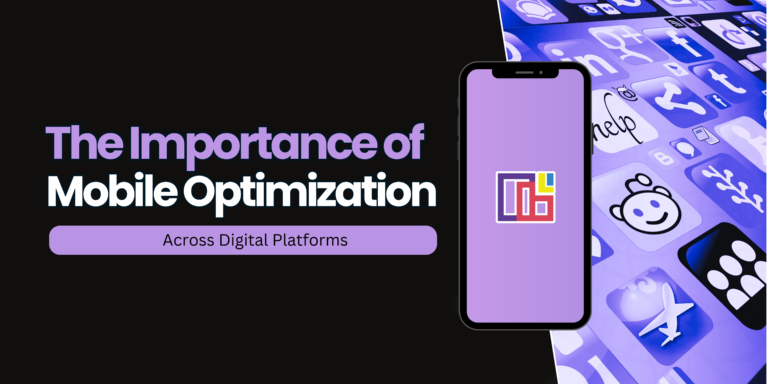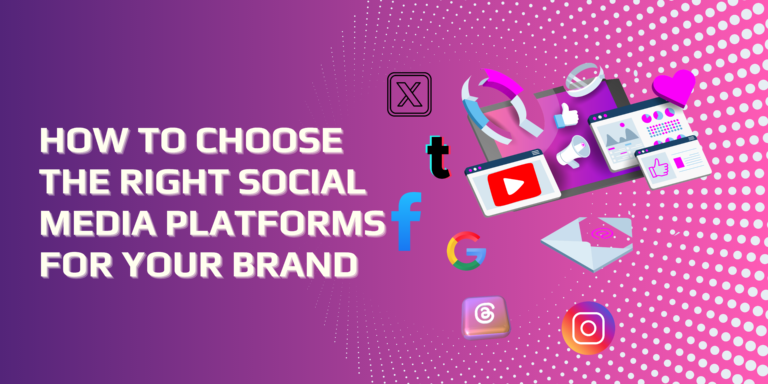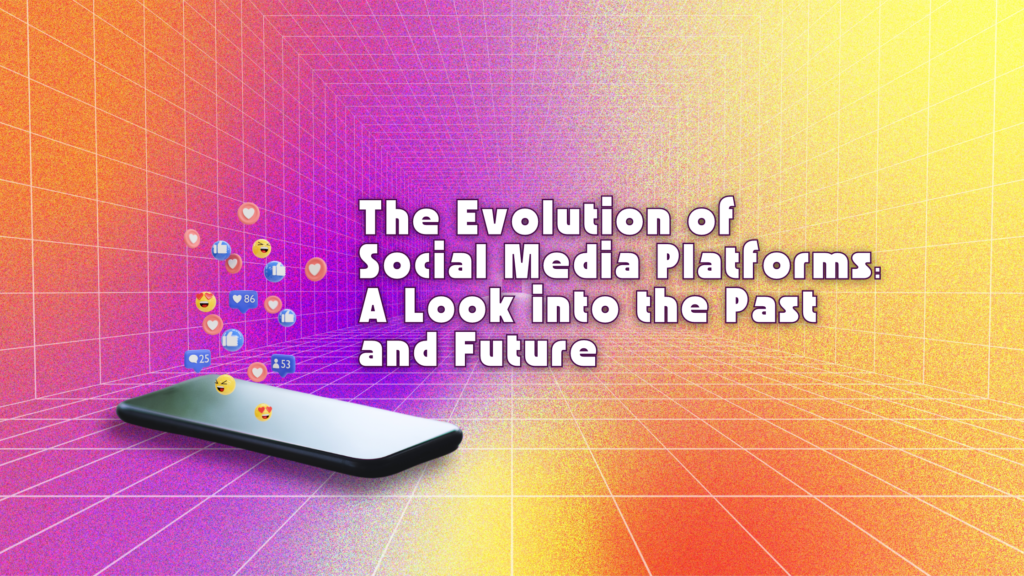
Social media platforms have dramatically transformed how we engage, communicate, and share information. These platforms reflect and shape our connections in the digital age, driven by technological advances and shifting societal behaviors.

Early Stages: Social Networks' Origins
Social media began with early internet sites like Six Degrees (1997), which introduced online social interaction by allowing users to connect, add friends, and create profiles. This concept laid the groundwork for future platforms.
In the early 2000s, platforms like Friendster (2002) and MySpace (2003) surged in popularity. Friendster allowed users to connect and create profiles, while MySpace became known for self-expression and customizable profiles, especially among musicians and youth.
The Ascendancy of Twitter and Facebook: A New Phase in Social Media
The mid-2000s marked a new phase with the rise of Facebook (2004) and Twitter. Facebook, initially exclusive to Harvard students, later expanded widely and emphasized real-name profiles and personal updates. Twitter also gained prominence, shaping social media with its concise, real-time updates.
The Visual and Interactive Media Era: TikTok, Instagram, and Snapchat
The 2010s shifted focus to interactive and graphic content. Instagram (2010) leveraged visual media with photo and video sharing, gaining popularity for its aesthetics and features like Stories. Snapchat (2011) introduced ephemeral messaging and features that appealed to younger audiences. TikTok (2018) followed, enhancing short-form video content and democratizing content creation with user-friendly tools and an algorithm-driven feed.
AI, Privacy, and Integration in the Present and Future
Today’s social media landscape includes platforms like Twitter (rebranded as X), Instagram, Meta (formerly Facebook), and TikTok, which continually update to engage users. Growing consumer awareness of data privacy has intensified concerns, leading platforms to improve privacy policies and address misinformation. AI and machine learning now drive innovations in content suggestion, moderation, and personalization, though they also raise ethical issues such as algorithmic bias and data privacy.
In summary
Social media has evolved from simple networking sites to complex platforms, adapting to users’ changing needs and preferences. The future will be shaped by cutting-edge technologies and ongoing discussions about ethics and privacy, offering valuable insights into the digital communication landscape.

